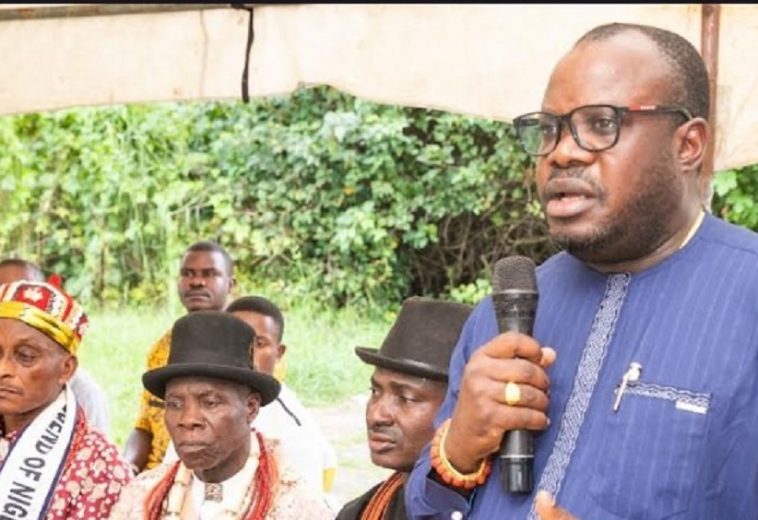In the ongoing discussions around reparations, Caribbean leaders are seeking dialogue with the United Kingdom regarding its role in the transatlantic slave trade. These calls for reparatory justice have been central to the work of the Caribbean Community (CARICOM), which has continued to advocate for recognition of the lasting effects of colonialism. The renewed focus on reparations comes as the UK undergoes political changes, with the Labour government raising expectations for a possible shift in its long-standing position.
The transatlantic slave trade, which spanned from the 16th to the 19th century, was foundational to the British Empire’s economy. In 1833, the British government passed the Slavery Abolition Act, which freed enslaved people throughout the empire. However, the compensation paid at the time—£20 million—was given to slave owners rather than those enslaved. This payment, amounting to 40% of the UK’s annual budget, was repaid by taxpayers up until 2015.
In response to this history, CARICOM established a Reparations Commission in 2013. The commission outlined a Ten-Point Plan for reparatory justice, which includes formal apologies, debt cancellation, and development support from former colonial powers. CARICOM continues to call for a summit with European nations, including the UK, to discuss these issues at the highest diplomatic levels.
READ ALSO: Inside UK’s Battle Against False Narratives
Current Developments and UK Government’s Response
Under the new Labour government, Caribbean leaders are cautiously optimistic that the UK might reconsider its stance. Historically, the UK government has resisted calls for reparations, focusing instead on development aid as a form of assistance. The chair of the CARICOM Reparations Commission, Sir Hilary Beckles, has expressed hopes that the Labour administration, with figures like Foreign Secretary David Lammy—himself of Caribbean descent—might be more open to discussions.
Recent international meetings, such as the upcoming Commonwealth Heads of Government summit in Samoa, are seen as key opportunities for advancing this dialogue. Leaders from across the Caribbean, including Prime Minister Keith Rowley of Trinidad and Tobago, have emphasized the importance of addressing these issues as part of a broader effort to achieve justice for the region.
Broader Implications
While reparations remain a complex and sensitive issue, Caribbean leaders are focused on achieving reconciliation that goes beyond financial compensation. CARICOM’s Ten-Point Plan, for example, emphasizes restorative justice, including educational reform, public health improvements, and cultural development. These broader goals reflect a vision for addressing the long-term effects of slavery and colonialism.
The British public and political landscape, however, present challenges to these discussions. Surveys have shown that a majority of the UK population is not in favour of reparations, and previous governments have maintained that reparations are not the solution. As the UK navigates its post-Brexit future and economic recovery from the COVID-19 pandemic, it remains to be seen whether there is sufficient political will to engage in reparatory talks.
As Caribbean leaders continue to call for reparations and reconciliation, they hope the UK government will engage in constructive dialogue on these complex issues. While the path forward is uncertain, the focus remains on addressing the historical legacy of slavery and ensuring that justice is served through meaningful and lasting measures. This ongoing conversation reflects the broader global movement toward acknowledging and addressing historical injustices.




